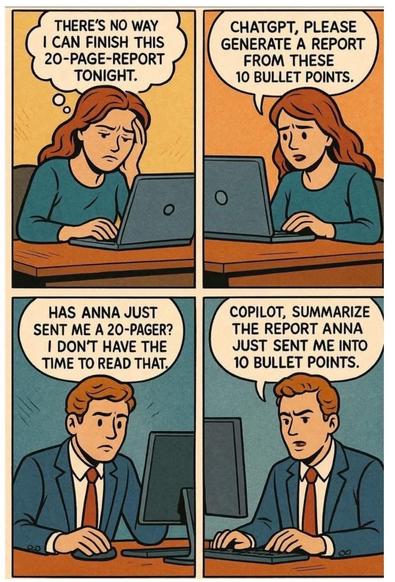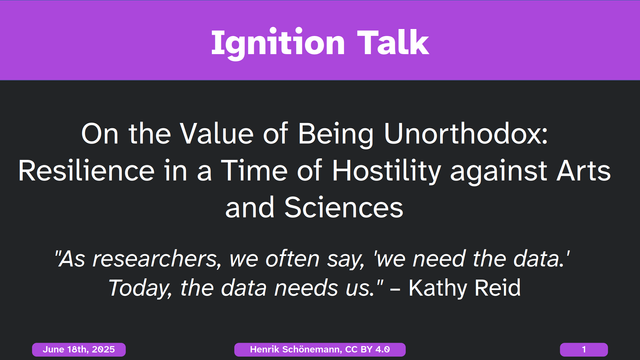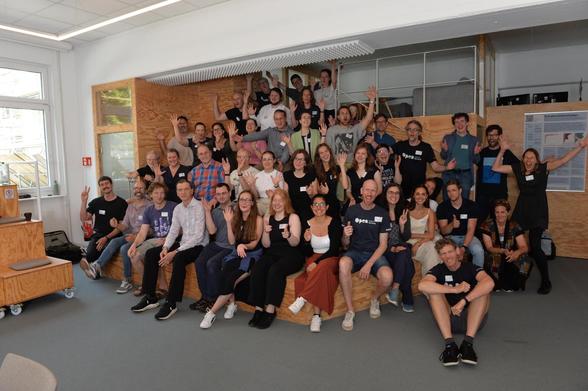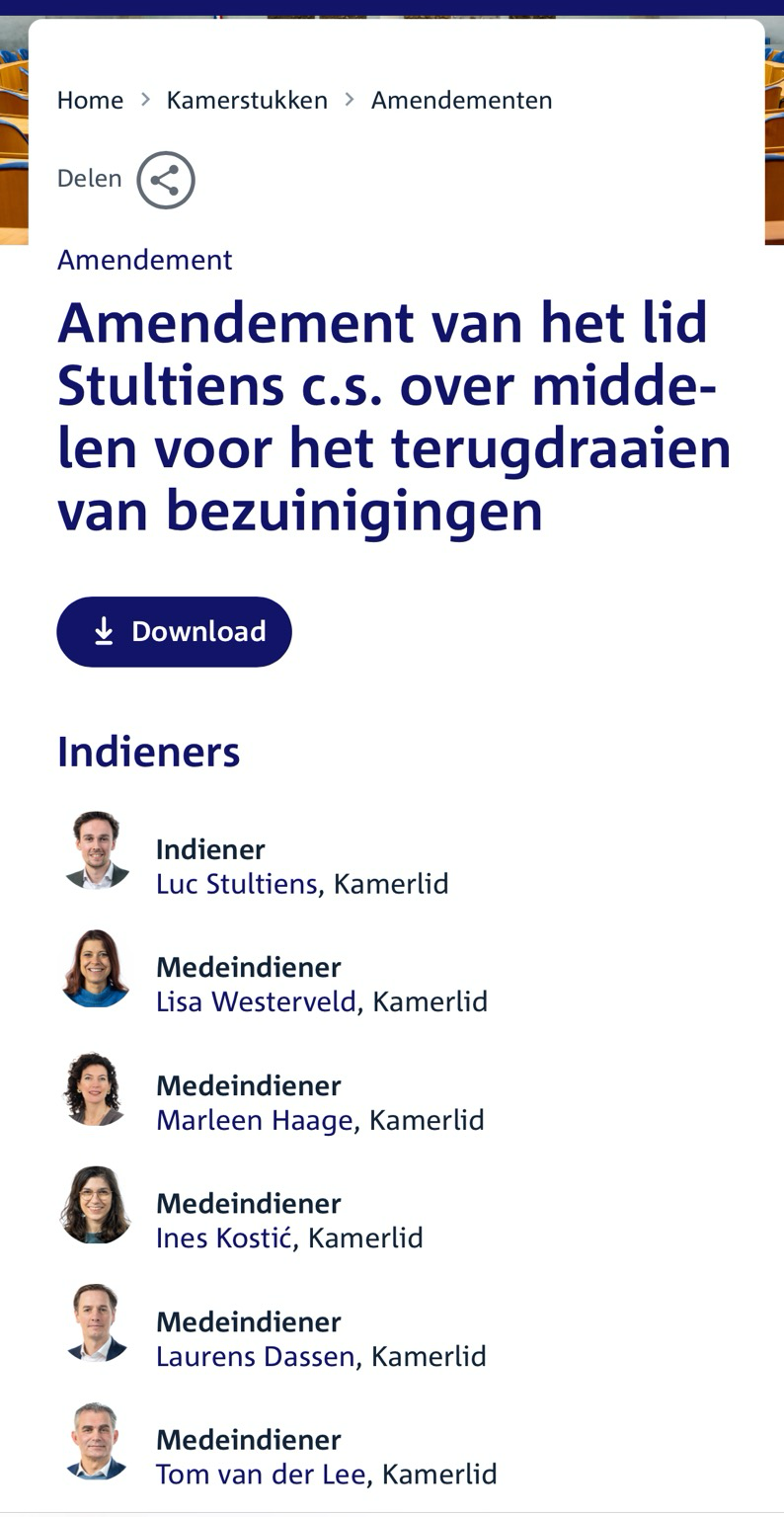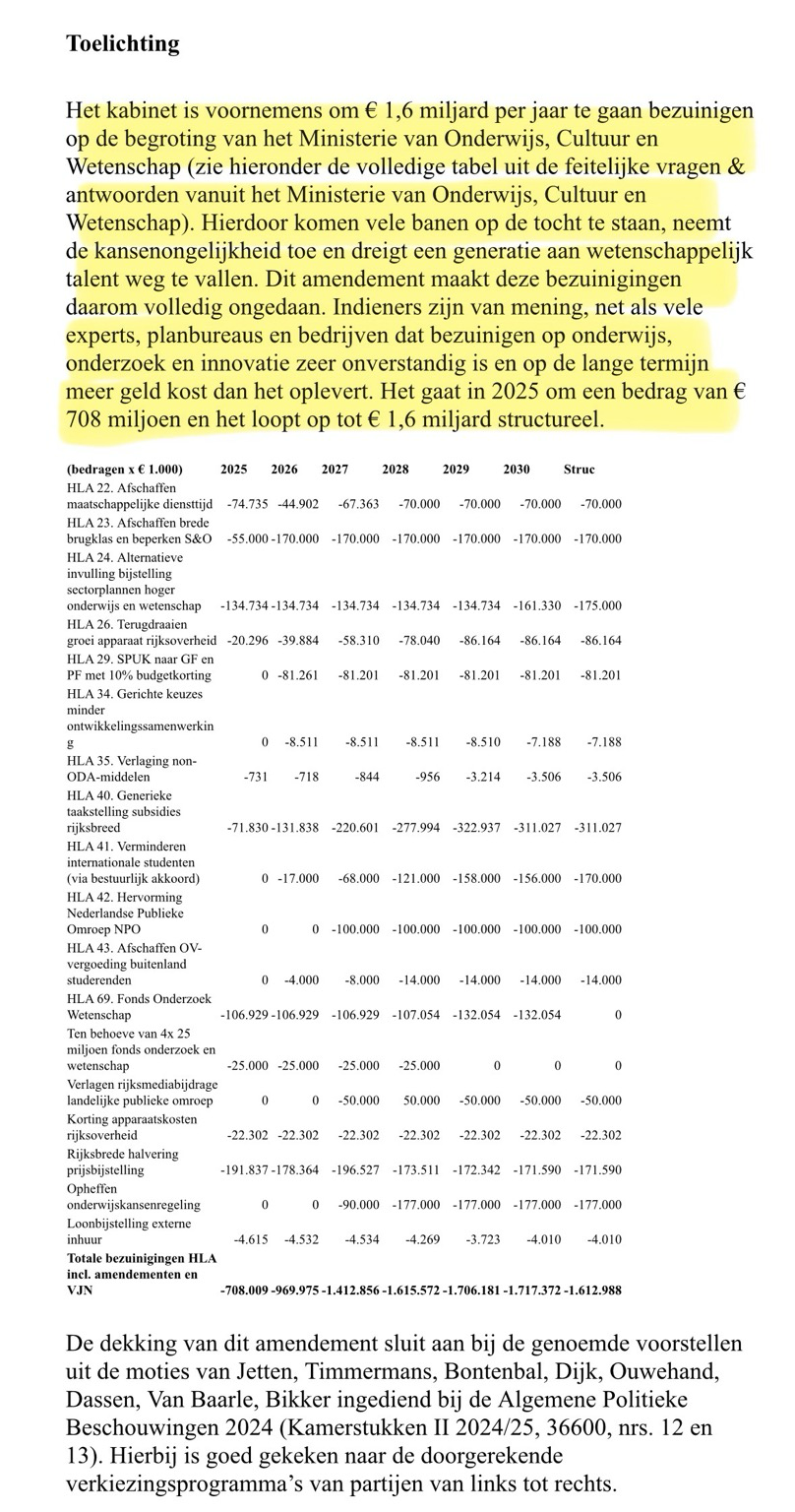It's launched:
"The Anti-Autocracy Handbook: A Scholars' Guide to Navigating Democratic Backsliding"
From the abstract:
"A call to action, resilience, and collective defence of democracy, truth, and academic freedom in the face of mounting authoritarianism. It tries to provide guidance to scholars navigating the growing global trend of democratic backsliding and autocratization, in particular in the U.S."
I'm glad I could contribute a bit.
https://doi.org/10.5281/zenodo.15510834
or: https://sks.to/autocracy
The Anti-Autocracy Handbook: A Scholars' Guide to Navigating Democratic Backsliding
The Anti-Autocracy Handbook is a call to action, resilience, and collective defence of democracy, truth, and academic freedom in the face of mounting authoritarianism. It tries to provide guidance to scholars navigating the growing global trend of democratic backsliding and autocratization, in particular in the U.S. To this end, it sets out how autocracies often follow a common playbook, built around the “3 Ps”: populism, polarization, and post-truth. Leaders present themselves as voices of “the people” against “corrupt elites”, inflame societal divisions, and undermine facts to avoid accountability. This leads to a cascade of dangers for scholarship, including censorship, restrictions on funding and research collaboration, and even violence. The Trump administration serves as a contemporary example, with policies that curtail international scientific cooperation, revoke research grants, and suppress studies related to public health, climate change and minority issues. Because open inquiry and dissent are central to science and academia—qualities antithetical to authoritarian control—academia is often among the first targets of autocrats. To help scholars resist authoritarian developments, the handbook highlights both historic and contemporary measures aimed at attacking scholars, their institutional environments, and their scholarship. The handbook also sets out a framework for action based on personal risk level—low, medium, high, or extreme. This is designed to help scholars think about their own risk and purposefully choose actions in line with it. The handbook considers tools for enhancing digital safety and highlights the importance of ongoing documentation, preserving imperilled data, and creating distributed archives as a defence against erasure. It also calls on scholars to tell their stories—publicly or anonymously—to inspire others, maintain accountability and preserve a historical record. Accompanying the handbook is a living wiki that will continue to incorporate new developments and provide updates on global efforts by scholars to push back against authoritarianism and safeguard the democratic foundations that enable free inquiry.


